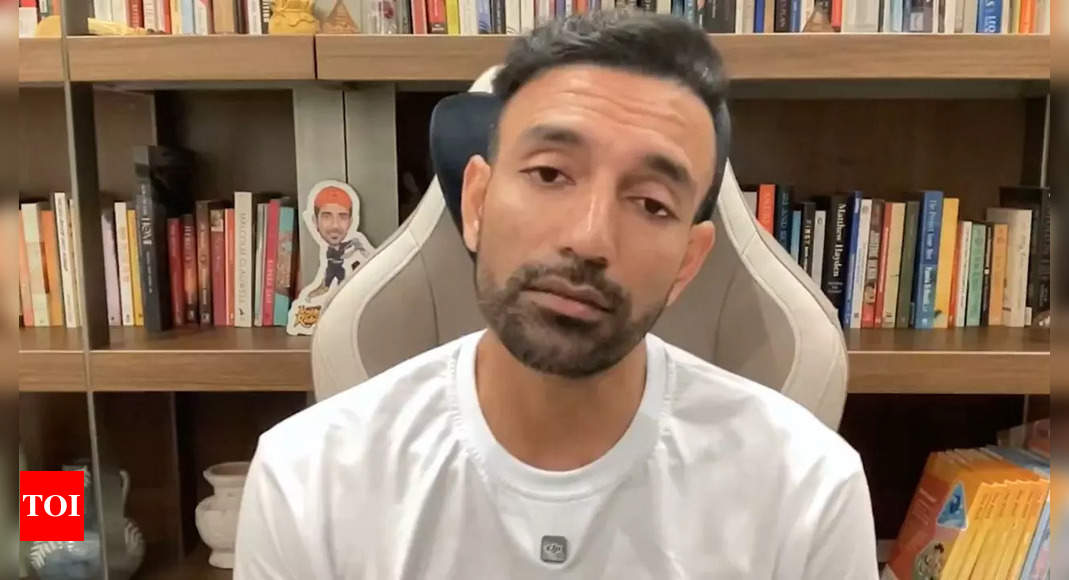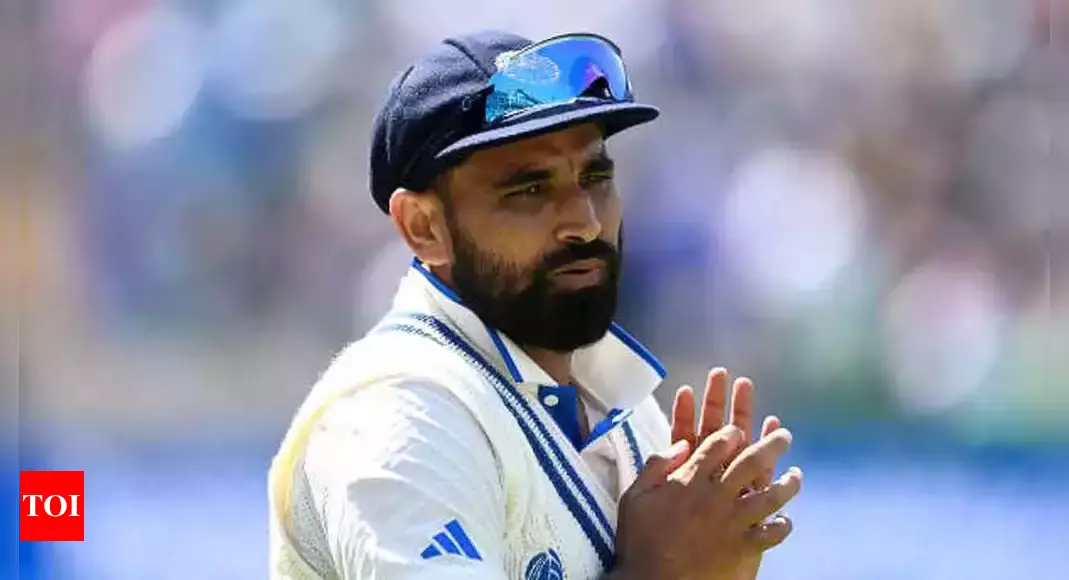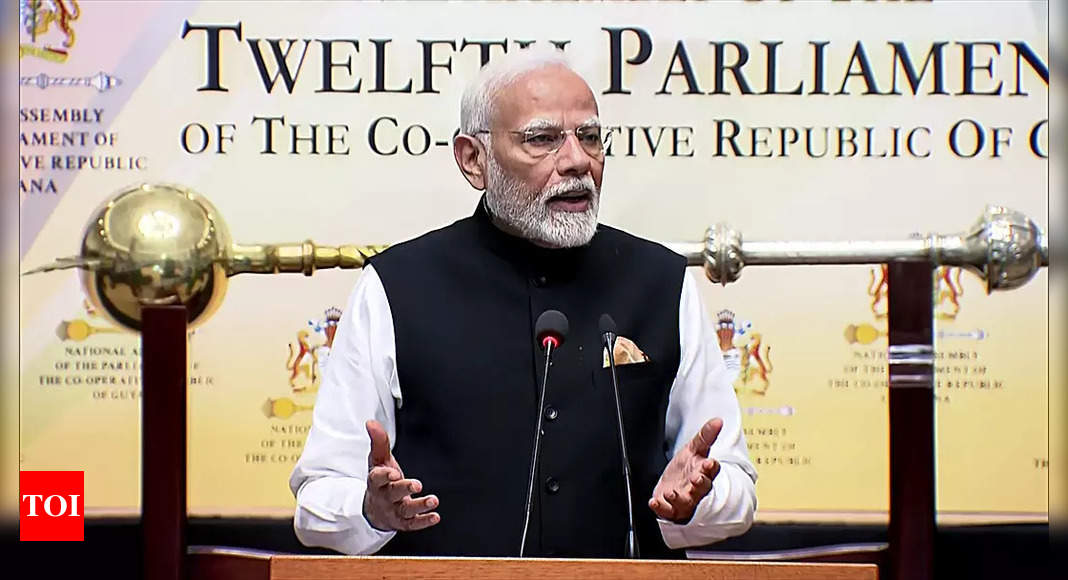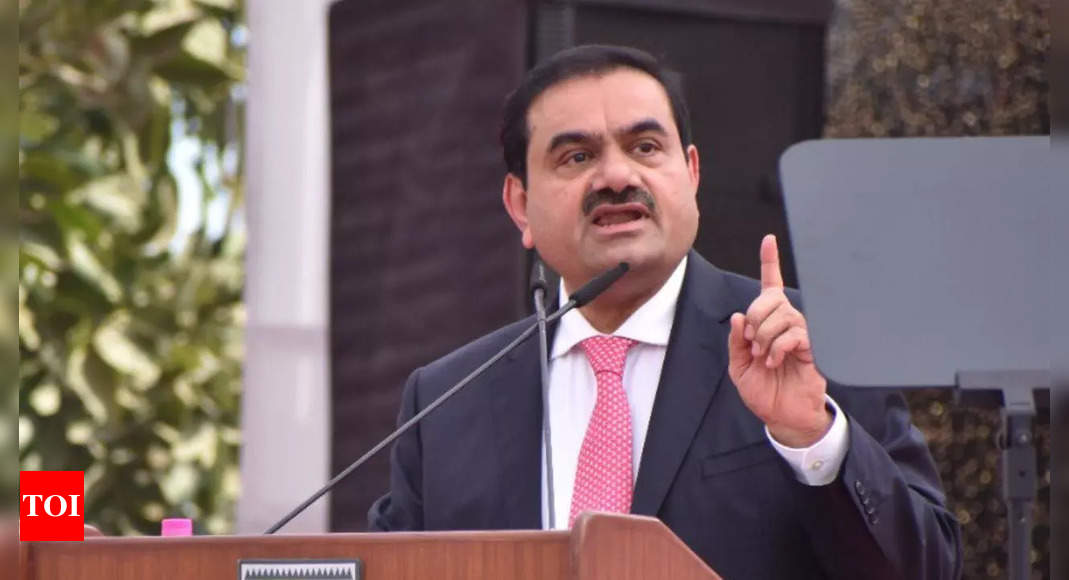
In a social media post, Uthappa revealed his personal experience with the debilitating condition, stating that his battle with depression was more challenging than any faced on the cricket field.
“I’ve faced many battles on the cricket field, but none as tough as the one I fought with depression. I’m breaking the silence around mental health because I know I’m not alone,” Uthappa wrote on X while discussing the matter further in his latest YouTube video.
Uthappa, known for his aggressive batting style that captivated fans during his prime, acknowledged the isolating nature of mental health struggles.
“We are going to be talking about depression and suicide. We recently heard about Graham Thorpe and David Johnson from India. VB Chandra Sekhar sir who was the rock of Chennai Super Kings (CSK). I have been there as well. It’s not a pretty journey. It’s debilitating. You feel like you are burden to people you love . It’s challenging. You feel like you are worth less,” the 38-year old said.
Overcoming Depression & Suicidal Thoughts | Robin Uthappa Official | #TrueLearnings Ep. 2
“In 2011, I was so ashamed of who I became as a human being. It’s absolutely ok to not know what you have to do next. Sometimes existing for that one day, is what you have to do next. Often you don’t need light at the end of the tunnel. You need the light only till the next step,” he added.
Uthappa’s revelation comes amid growing concerns about the mental well-being of athletes, particularly in high-pressure environments.
He specifically mentioned the tragic suicides of cricketers Graham Thorpe, David Johnson, and VB Chandrasekhar, stressing the devastating impact of untreated mental health issues.
While Uthappa enjoyed considerable success in white-ball cricket, including playing a crucial role in India’s 2007 T20 World Cup victory, his international career was marked by inconsistency and selection setbacks.
Uthappa’s decision to share his story is a significant step towards normalizing conversations about mental health within the sporting world and beyond. By speaking openly about his experiences, he provides a powerful example for others struggling in silence, encouraging them to seek the help they deserve.









